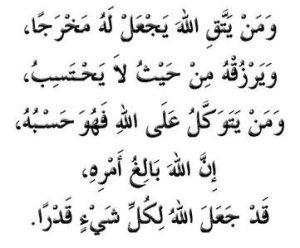

A house full of Barakah, Rizq, Angels has 3 simple food in its kitchen,does yours?
Does your house have the following foods?
Vinegar, Dates, Honey
Go and check your kitchen if you're at home.!
A house of Barakah has Vinegar,Dates, Honey, why?
"A household which has vinegar will never suffer from poverty"- hadith
"A house without dates has no food."-hadith
"For there is no house in which honey is kept for which the angels will not ask for mercy.."- hadith
Bismillah
An amazing hadith about Honey .!
"By Him in whose hand is my soul, eat honey. For there is no house in which honey is kept for which the angels will not ask for mercy.
If a person eats honey, a Thousand remedies enter his stomach and a Million diseases will come out. If a man dies and honey is found within him, fire will not touch his body [i.e., he will be immune from the burning of hell]." hadith
The Prophet (s.a.w.s.) himself used to drink a glass of honey and water each morning on an empty stomach.













